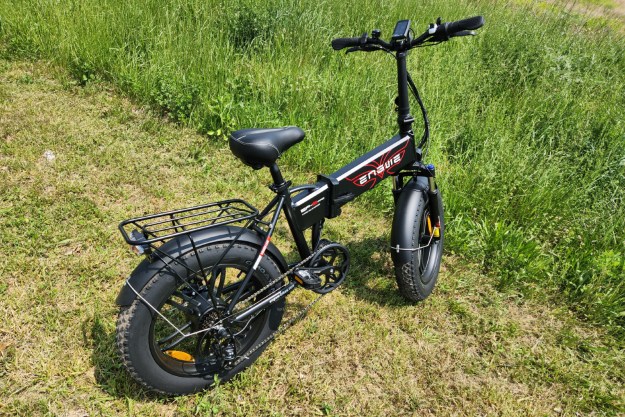Lyft has taken around 3,000 of its pedal-assist two-wheelers off the streets in New York City, Washington D.C., and San Francisco following complaints of an issue with the front-wheel brake. The app-based services are operated by Citi Bike, Capital Bikeshare, and Ford GoBike, respectively. All three are overseen by leading U.S. bikesharing business Motivate, which Lyft acquired for a reported $250 million in July 2018.
“We recently received a small number of reports from riders who experienced stronger than expected braking force on the front wheel,” Citi Bike said in a message on its website over the weekend. “Out of an abundance of caution, we are proactively removing the pedal-assist bikes from service for the time being. We know this is disappointing to the many people who love the current experience — but reliability and safety come first.”
Capital Bikeshare and Ford GoBike posted similar messages on their websites on Sunday.
In an effort to lessen the disruption for riders, all three services will replace the faulty pedal-assist bikes with regular, non-electric ones.
Lyft is now in the final stages of building an all-new pedal-assist bike that it’s planning to launch soon in the locations where its bikesharing schemes operate.
Electric rideables such as bikes and scooters have become an increasingly common sight in cities around the world in the last couple of years, with many people making use of convenient app-based sharing services instead of forking out for their own machine.
But when it comes to the technology that powers the vehicles, there are clearly some issues that still need ironing out. Aside from Lyft’s current issue, scootersharing service Lime recently had to warn people to take greater care while riding down steep hills following reports of a firmware bug causing excessive and sudden braking with a small number of its scooters.
The safety issue prompted officials in Auckland, New Zealand to pull Lime’s scooters from the city’s streets for several weeks while the company sorted out the problem with a software update.
Lyft, meanwhile, will be keen to resolve the issue with its electric bikes as soon as it possibly can. The company has been competing with ridesharing rival Uber to broaden its services with the creation of integrated transportation solutions that allow riders to jump between cars, bikes, and scooters to get around town.


